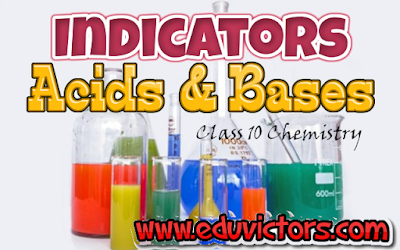Class 10 Biology - Chapter Reproduction
Q & A (Part-1)
Blog provides NCERT solutions, CBSE, NTSE, Olympiad study material, model test papers, important Questions and Answers asked in CBSE examinations. References to Educational Sites and resources.









 |
| credits:wikipedia |










 |
| Human Alimentary Canal Image Credits: clker.com |

Please turn off the ad blocker. This is only way that we can earn some penny. Please support us by trun off the ad blocker.
Thank you!!